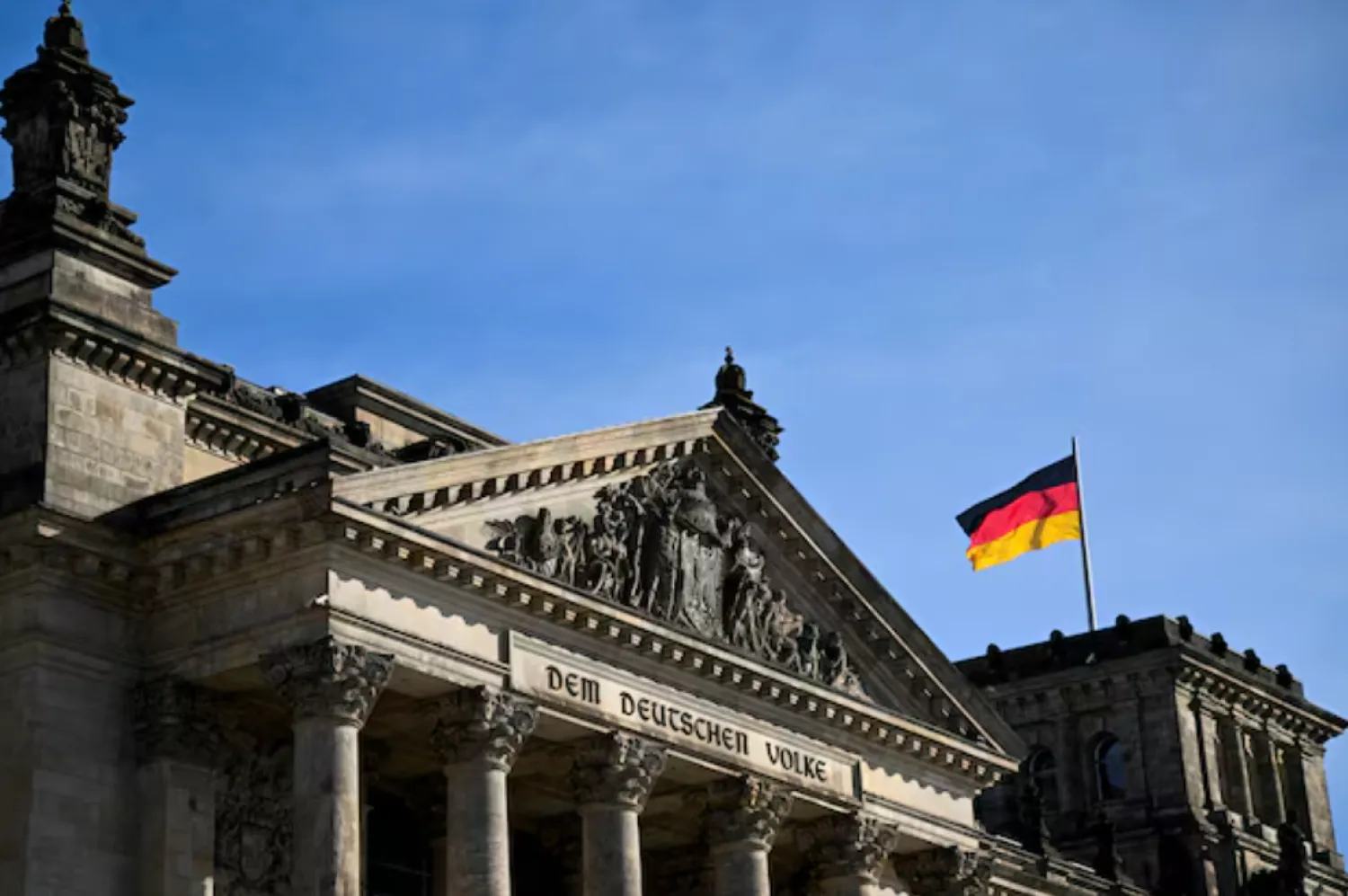US Defense Secretary Mark Esper arrived in Israel Thursday for a short visit and held a meeting with his Israeli counterpart, Benny Gantz, followed by a meeting with Prime Minister Benjamin Netanyahu.
Esper informed the officials that President Donald Trump has approved the sale of F-22 fighter jets and precision-guided bombs, according to senior sources in Tel Aviv.
Esper arrived in Tel Aviv following his visit to India where he signed an agreement expanding military satellite information sharing and highlighted strategic cooperation between Washington and New Delhi with an eye toward countering China, The Associated Press reported.
According to security sources in Tel Aviv, the US-Indian agreement strengthens the regional alliance against the threat of radical Islam.
But, Esper's visit to Tel Aviv was primarily to inform Israeli officials of the US response to their demands, which Gantz raised during his two previous visits to Washington.
The sources believed that Esper's arrival to Tel Aviv aimed at two things: Ensuring US voters that the Trump administration guarantees the security of Israel, and containing the implications of advanced US arms deals, such as the F-35, to the UAE and other possible Arab countries.
Gantz presented a long list of demands including an increase in military support and another squadron of F-35 fighters, advanced model of F-15 jets, V-22 helicopter, and refueling aircraft.
Israel also requested the smart bomb, which weighs 14 tons, and F-22 jets, which is the only model that can carry that bomb. Notably, the US pledged to refrain from selling this bomb and jet to any country in the world.
Alex Fishman, a military analyst at Yedioth Ahronoth, said that Esper came to inform Gantz and Netanyahu that the US has approved their demands over this issue.
Zohar Palti, head of the Political-Military Bureau at Israel's Ministry of Defense, and the US Deputy Defense Secretary, James Anderson, reached an understanding regarding the threats that Israel will face, according to Fishman.
He said that there is an unwritten commitment that Israel will receive what it needs to confront any threat that could evolve over the next decade, before getting the full aid package.
Fishman, who is known for his close ties with the security establishment, made it clear that the US administration had pledged to provide Israel with new technology, including smart bombs to infiltrate underground bases “against the Iranian threat.”
He pointed out that Israel does not possess stealth aircraft capable of carrying the heavy bomb, but can benefit from new technology embedded in it.
Washington surprised Tel Aviv with its generosity in the technological field, claimed Fishman, adding that it pledged to change and extend the schedule of repaying Israeli debts, which would allow it to sign new contracts for buying a number of weapons.
The Israeli Ministry of Security wanted these measures completed before the US elections, to avoid obstacles with the new US administration, if the Democratic candidate, Joe Biden, is elected president, noted Fishman.
However, he added that the Israeli government is unable to reach agreements within its parties, and did not succeed in holding a meeting of the armament committee, ratifying these agreements and understandings for implementation.
Fishman concluded his article by saying that he hopes all these postponements are not for personal reasons aimed at thwarting achievements that can be attributed to Gantz.









